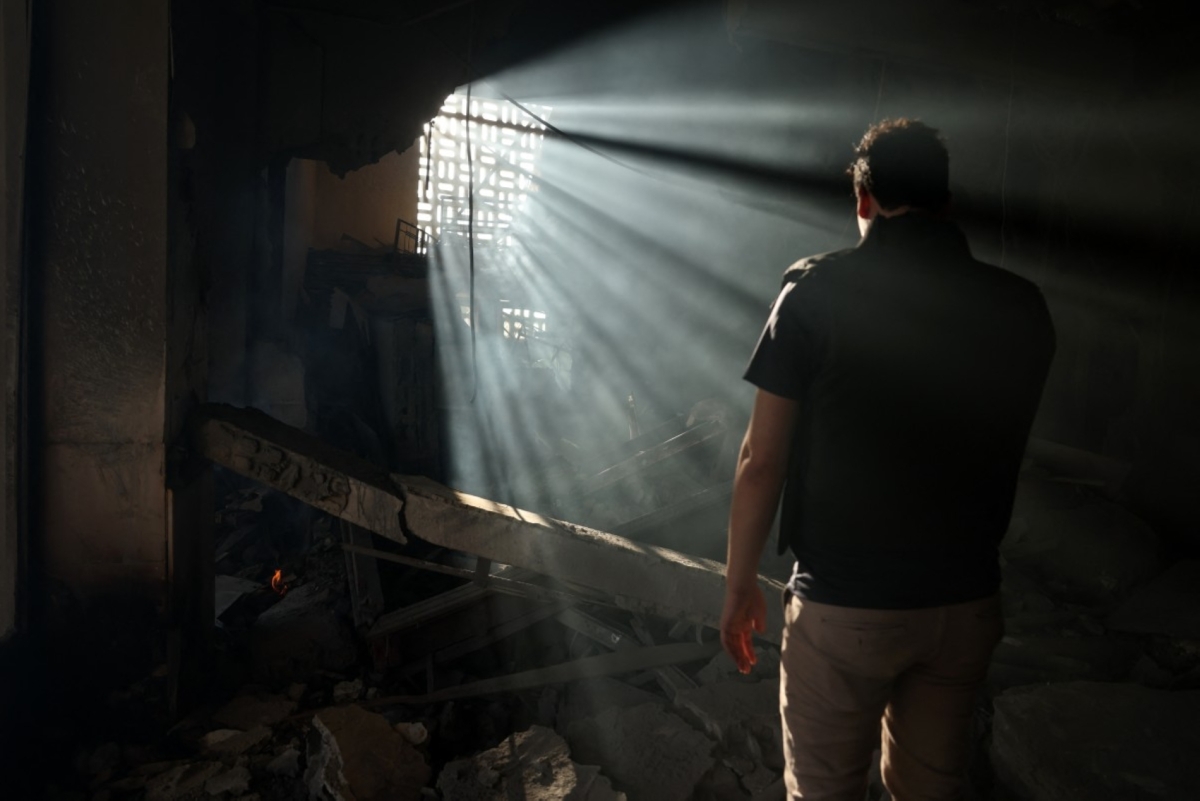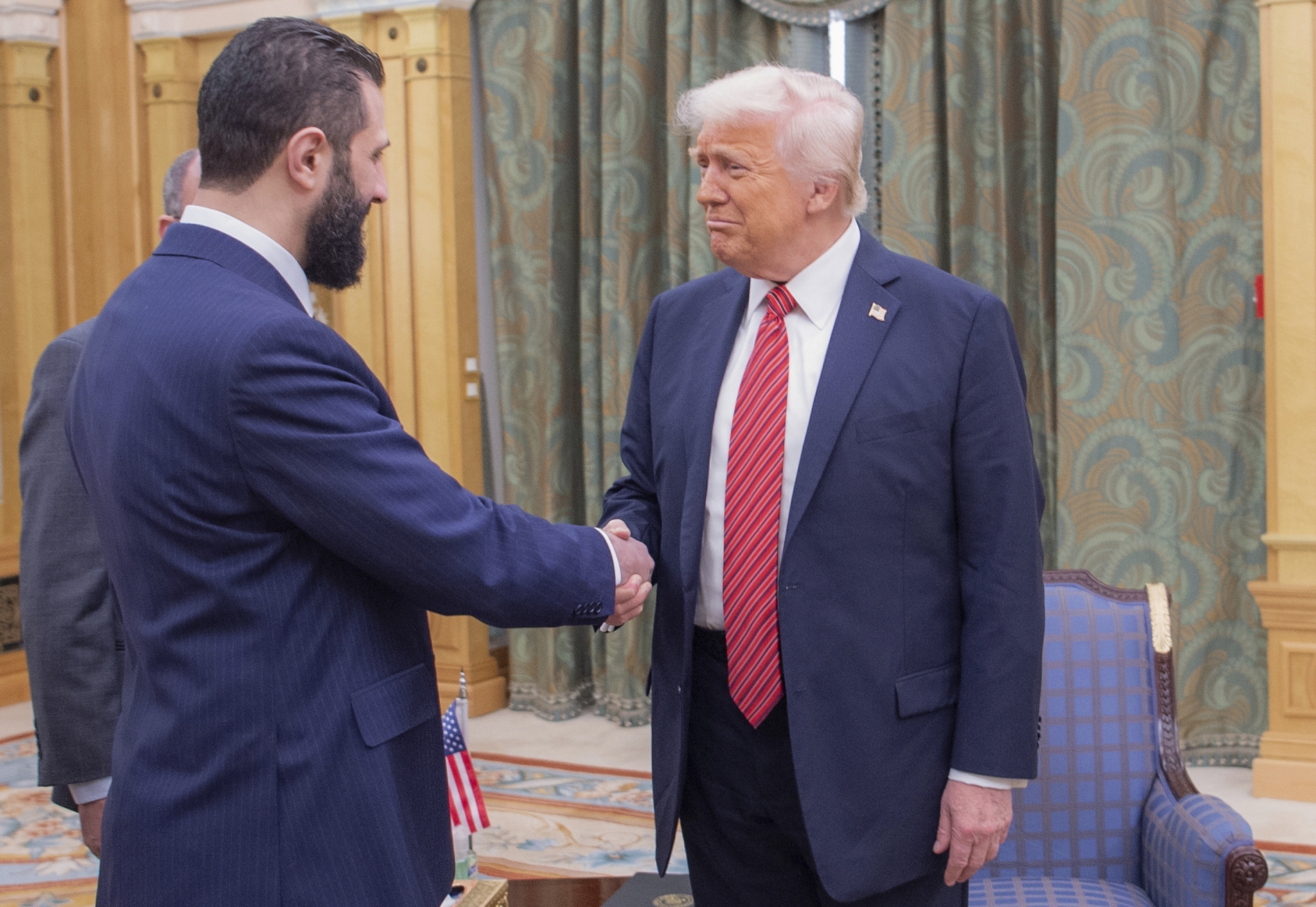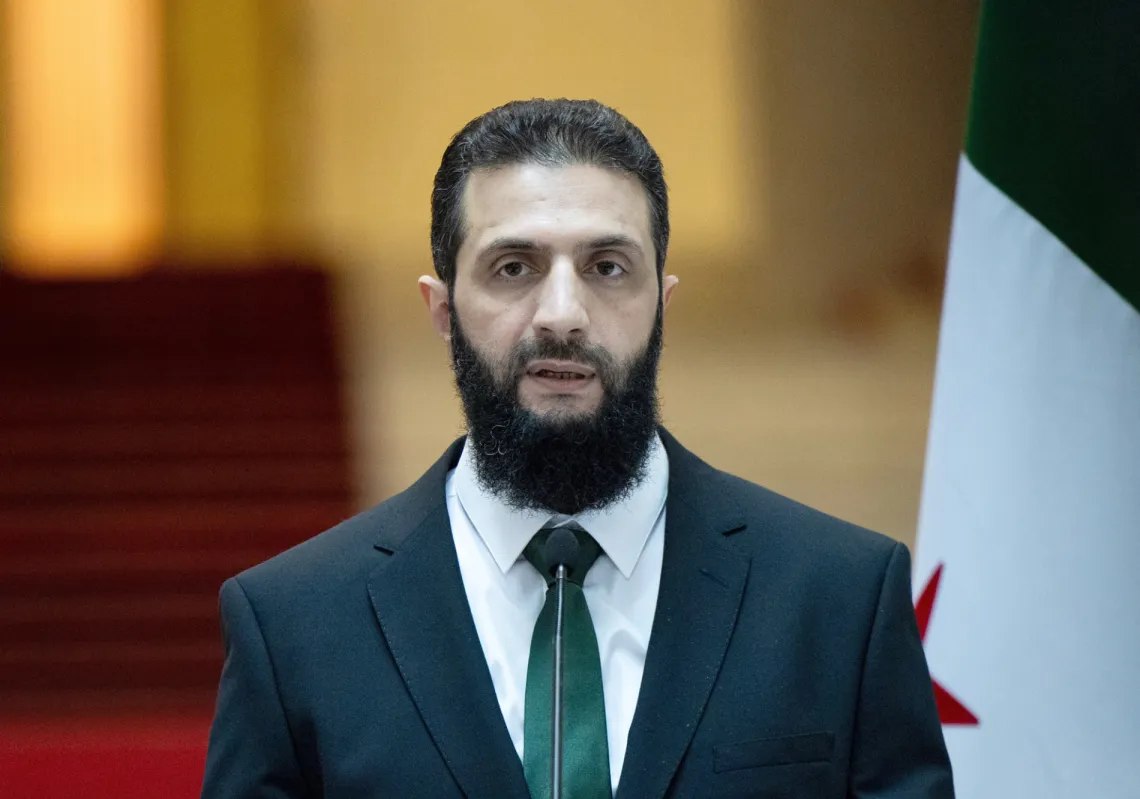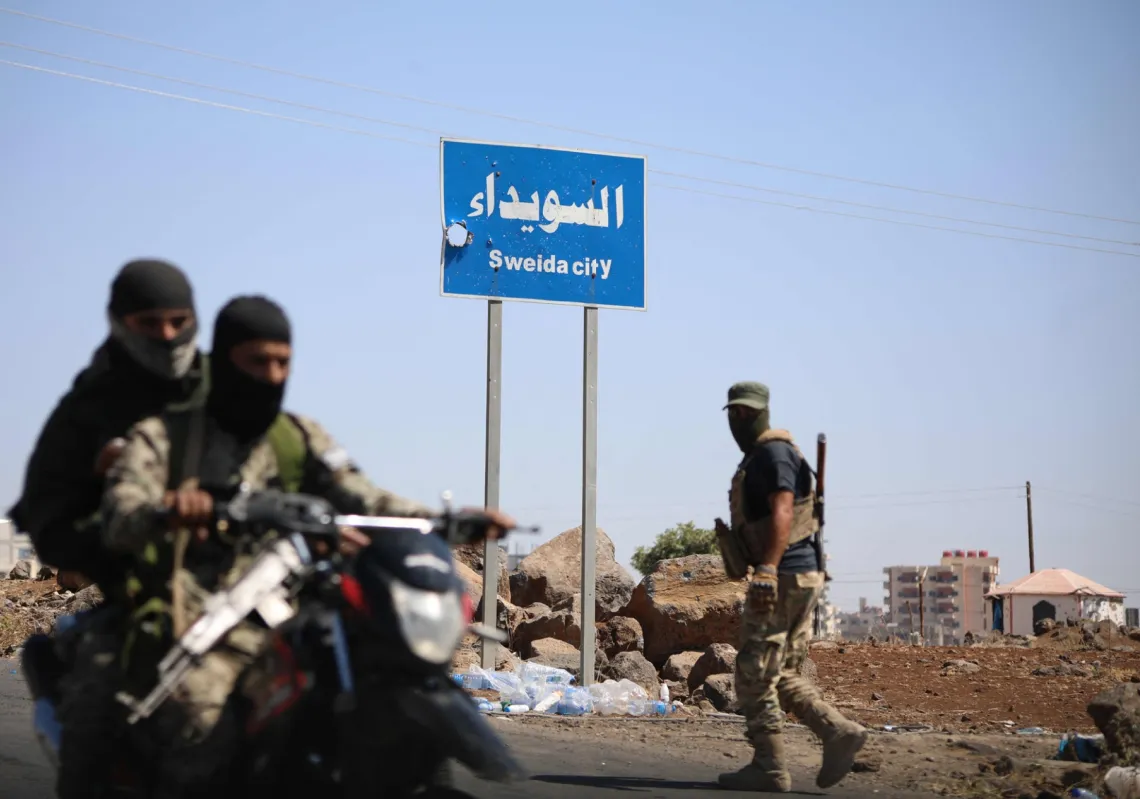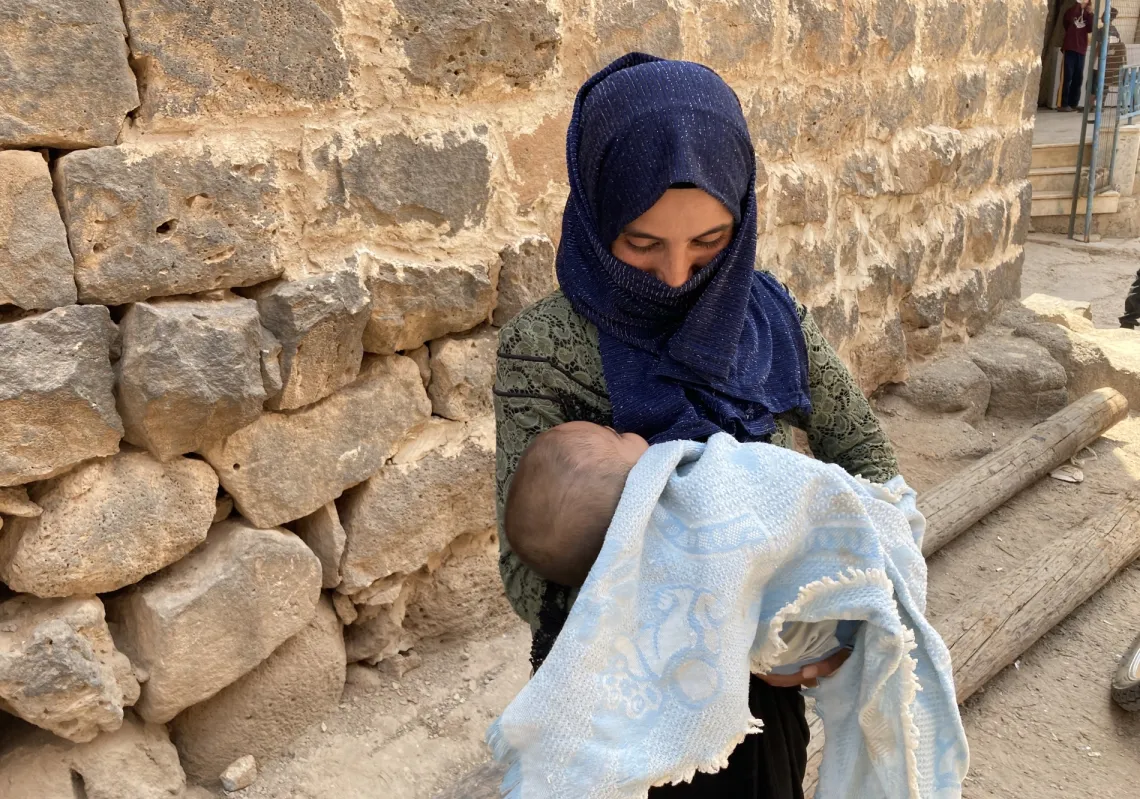In recent days, reports have indicated plans to sign, on 25 September during the UN General Assembly, an Israeli-Syrian agreement focused on security issues. The Syrian president confirmed this in Damascus earlier this month, during a meeting with Arab journalists, that there is a strong chance such an accord could be finalised. At the same time, US envoy Tom Barrack visited Israel and met with the Israeli leadership, signalling an American push for Israel to move forward, including in relation to the Lebanese arena.
If signed, the agreement will be limited to security matters. From Syria's perspective, its purpose is to return Israel to the lines established in the 1974 disengagement agreement. President Sharaa made clear that this is not intended to be a peace treaty, because the Golan Heights is still occupied by Israel, though he noted that if—in the future—a peace deal was deemed to serve the Syrian people and the region, he would not hesitate. Implicitly, the time is not yet right for Syria—and actually neither for Israel.
Among the different aspects that will be covered in the possible agreement, two main issues dominate the Syrian-Israeli track at present. The first concerns the 1974 disengagement accord. Al-Sharaa seeks to reaffirm it and ensure Israel’s withdrawal to the lines it signed onto. This would provide both practical and formal recognition of Syrian sovereignty, strengthening the legitimacy of its rule.
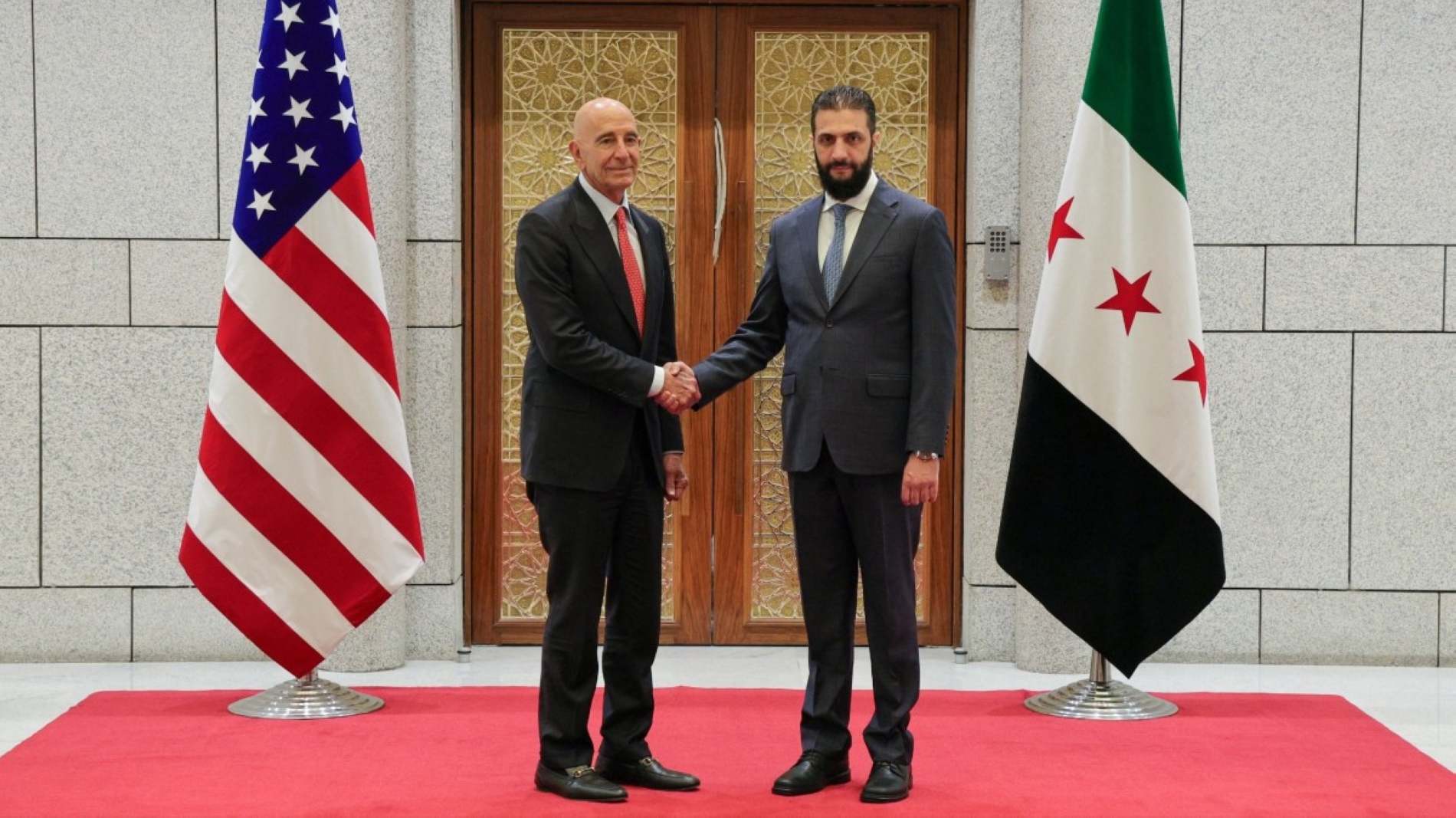
Demilitarisation and Sweida
For its part, Israel will want to safeguard its security interests by insisting on demilitarisation measures and on the regime’s ability to effectively enforce its authority. It is likely that Israel will demand a phased implementation before returning to the 1974 lines, in order to verify Syrian compliance. Al-Sharaa may accept such an approach.
Israel may insist on keeping some part of the territory, maybe on Mount Hermon (Jabal El Sheikh) area, for a while, to safeguard its interests, maybe as part of the gradual implantation, or an adoption of a "border adjustment".
The second issue relates to the situation in Sweida and the protection of the Druze minority. This is even more complicated. Israel wishes to preserve its special ties with the Druze community, given its unique relationship with the Druze in Israel. It also seeks to retain leverage vis-à-vis Damascus and obviously Ankara, as part of the "competition" for influence in Syria.
Al-Sharaa’s flexibility here is limited: he cannot be seen as compromising Syrian sovereignty—whether by allowing a “humanitarian corridor”, as was mentioned, or by accepting overt Israeli involvement in the balance of power between the regime and minority groups. Creative formulas or sophisticated give and take are needed here.


